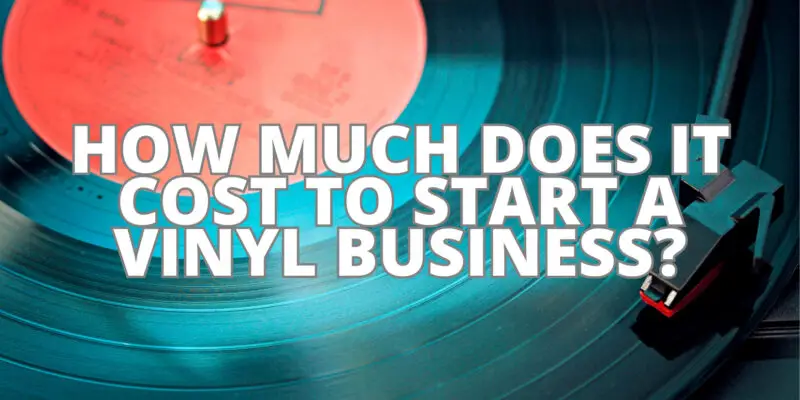The vinyl record industry’s resurgence has sparked interest among entrepreneurs looking to turn their passion for music into a profitable venture. If you’re considering starting a vinyl business, it’s essential to understand the costs involved in entering this unique and exciting market. In this article, we’ll break down the expenses you can expect when launching your own vinyl business.
- Business Planning and Research:Before you dive into the world of vinyl, it’s crucial to conduct thorough research and develop a comprehensive business plan. This early investment in time and possibly consulting fees can save you from costly mistakes down the road.
- Legal and Licensing Fees:Establishing a vinyl business requires the proper legal framework, including registering your business, obtaining necessary permits, and potentially trademarking your brand. These legal processes often involve fees.
- Inventory Costs:Vinyl records, whether new releases or vintage selections, represent a significant portion of your expenses. The cost of building an initial inventory will vary depending on the size and diversity of your collection.
- Equipment and Technology:Essential equipment includes turntables, record cleaning machines, styluses, and audio equipment for quality control. Additionally, you may need computers, software, and a point-of-sale system if you plan to operate a physical store.
- Storefront or Website Development:If you plan to open a physical store, leasing or purchasing a retail space and outfitting it with displays and fixtures is a considerable cost. If you choose an online store, expenses include website development, hosting, and e-commerce solutions.
- Distribution and Shipping Costs:Shipping vinyl records to customers involves postage fees, packaging materials, and labor. If you’re selling online or distributing to other retailers, these costs can add up.
- Marketing and Promotion:Effective marketing is essential for attracting customers. Costs may include advertising, social media management, website optimization, and promotional materials.
- Employee Wages:If you plan to hire staff, factor in salaries or hourly wages, benefits, and payroll taxes.
- Utilities and Overhead:Operating costs for utilities (e.g., electricity, water) and general overhead (e.g., rent, insurance, maintenance) are ongoing expenses for physical storefronts.
- Record Cleaning and Maintenance:Properly maintaining your vinyl inventory requires cleaning supplies, storage solutions, and regular upkeep.
- Insurance:Protecting your business with insurance policies, including liability and property insurance, is an essential investment.
- Inventory Management Software:Software solutions for tracking inventory, sales, and customer data may be necessary for efficient operations.
- Financial Reserves:Having a financial cushion for unforeseen expenses or slow periods is crucial to ensure the stability and longevity of your business.
Conclusion
The costs associated with starting a vinyl business can vary widely depending on factors such as your business model (physical store, online shop, distribution), location, and scale. It’s essential to conduct thorough research, create a detailed business plan, and budget realistically to ensure the financial viability of your venture.
While starting a vinyl business requires a significant initial investment, it also offers the potential for long-term success, especially if you are passionate about music and the vinyl format. By carefully managing your expenses and adapting to market trends, you can embark on a rewarding journey in the world of vinyl, sharing your love of music with collectors and enthusiasts.


